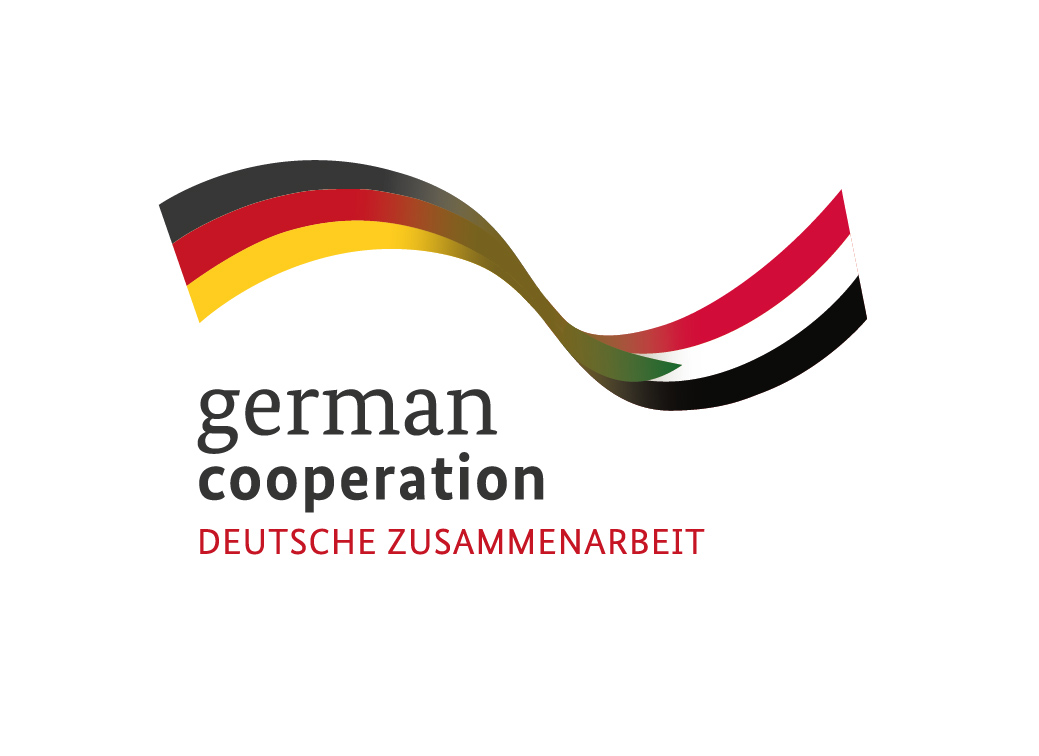 What is the International Criminal Court?
What is the International Criminal Court?The International Criminal Court (ICC) is the only permanent international tribunal with the jurisdiction to investigate and prosecute individuals charged with the most serious international crimes, namely, genocide, war crimes, crimes against humanity, and the crime of aggression. The ICC is a treaty-based court, with its membership comprising those states which have signed and ratified the Rome Statute of the International Criminal Court. There are currently 123 States Parties to the Rome Statute. For a detailed discussion on international criminal justice, please see the information sheets entitled, “An introduction to International Crimes” and “The Global ‘System’ of International Criminal Justice”.
By investigating and prosecuting what have come to be called ‘core international crimes’, the Court endeavours to “put an end to impunity for the perpetrators of the most serious crimes”, and in so doing contribute to the prevention of such crimes being committed in the future. The ICC is a court of last resort, meaning that the Court can only investigate and prosecute international crimes when national jurisdictions are unwilling or unable to do so. The role of the ICC is thus to complement, and not replace, national courts. In recent years, civil society, among others, has proposed that the Court’s complementary role be expanded in order to reinforce the concept of ‘positive complementarity’, whereby the ICC will actively support efforts by national judiciaries to investigate and prosecute international crimes themselves.
The ICC can open an investigation via three ‘trigger’ mechanisms.
Beyond these three trigger mechanisms, non-State Parties can request that the ICC exercise jurisdiction over alleged crimes on their territory under Article 12(3) of the Rome Statute, as occurred in the case of Ukraine and Côte d’Ivoire.
The ICC’s temporal jurisdiction extends back to 1 July 2002, the date on which the Court became operative. The ICC exercises its jurisdiction over war crimes, crimes against humanity, genocide and the crime of aggression when committed either by citizens of a State Party or on State Party territory, or in any case where the UN Security Council refers a situation to the Court, as outlined above.
Under the Rome Statute, the ICC can only investigate or prosecute international crimes if the relevant state is inactive or, alternatively, is unwilling or unable to do so. This principle is referred to as ‘complementarity’ and is enshrined in Article 17 of the Rome Statute. The ICC will restrain from investigating or prosecuting international crimes so long as “genuine” domestic criminal justice processes are already taking place at the national level. These must be genuine, as opposed to, say, sham trials that merely seek to shield perpetrators from ICC scrutiny. Furthermore, domestic proceedings must apply to the same persons and substantially the same crimes as those targeted by the ICC. This ensures that an accused would, for example, be unable to avoid an ICC indictment for crimes against humanity by standing trial in a national court for a lesser crime, such as corruption.
Sudan is not a State Party to the ICC’s Rome Statute. On 31 March 2005, the United Nations Security Council adopted Resolution 1593 referring the situation in Darfur to the ICC Prosecutor.
Currently, the ICC has five active cases in the Darfur situation:
Sudan remains under an obligation to surrender the four remaining suspects in the Darfur situation to the Court, pursuant to Resolution 1593 and the subsequent orders of ICC judges.

